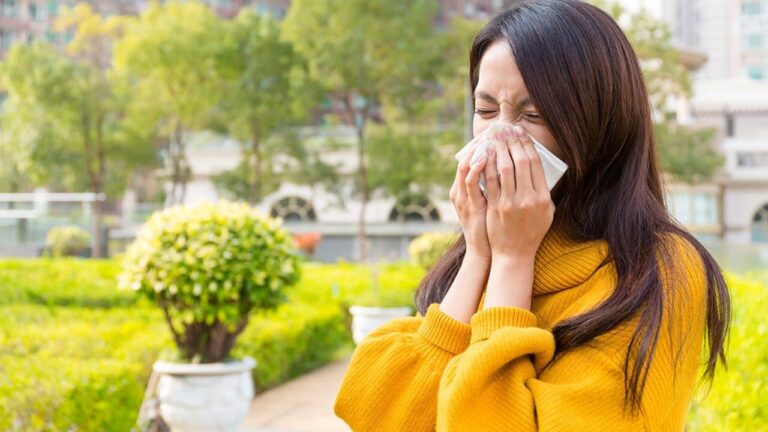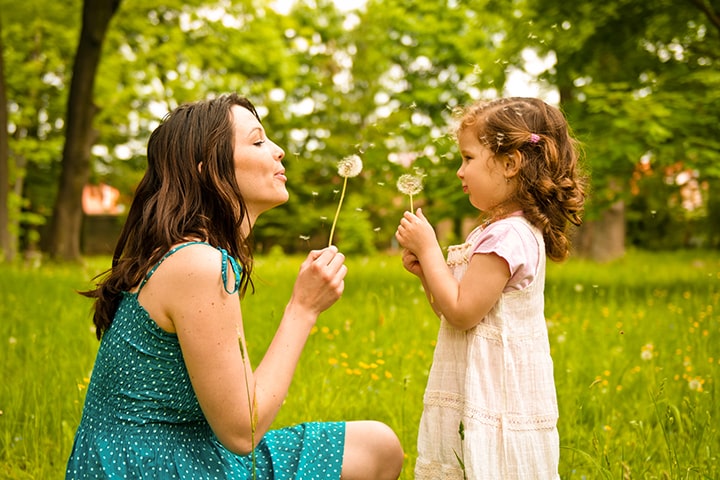As the seasons change, many individuals find themselves facing the challenges of seasonal outdoor allergies. Sneezing, itchy eyes, and congestion can make it difficult to enjoy outdoor activities. However, with the right strategies and treatment options, it is possible to manage and alleviate these allergy symptoms. In this blog post, we will explore valuable tips for effectively managing seasonal outdoor allergies. Additionally, we will highlight the specialized services offered by Specialty Care Clinics, providing comprehensive care and relief for individuals dealing with allergies.
- Identify and Avoid Triggers:
Understanding the specific allergens that trigger your symptoms is crucial in managing seasonal outdoor allergies. Common triggers include pollen from trees, grasses, and weeds, as well as mold spores. Consider undergoing allergy testing at our clinic to identify your specific triggers and develop a personalized treatment plan. - Monitor Pollen Levels:
Stay informed about pollen levels in your area. Regularly check local pollen forecasts or use online resources to plan your outdoor activities accordingly. On high pollen days, it may be beneficial to limit your time outdoors, keep windows closed, and use air purifiers to reduce allergen exposure at home.

- Keep Indoor Environment Clean:
Minimize allergen exposure indoors by maintaining a clean living space. Vacuum carpets regularly use a vacuum cleaner with a HEPA filter, which can effectively trap allergens. Dust surfaces frequently and washes bedding in hot water to remove any allergens that may have settled. - Practice Proper Personal Hygiene:
After spending time outdoors, it’s important to remove allergens from your body and clothing. Take a shower, wash your hair, and change into clean clothes to reduce the transfer of allergens indoors. This practice can help prevent allergy symptoms from flaring up. - Protect Yourself Outdoors:
When heading outdoors, take proactive measures to protect yourself from allergens. Wear a wide-brimmed hat and sunglasses to shield your face and eyes from pollen. Consider using a pollen mask or nasal filter to reduce inhalation of allergens. Additionally, applying petroleum jelly around the nostrils can help trap pollen and prevent it from entering your nasal passages. - Use Medications:
Over-the-counter antihistamines, nasal sprays, and eye drops can provide temporary relief from allergy symptoms. These medications can help reduce sneezing, itching, and congestion. However, it’s important to consult with the specialists for a proper diagnosis and personalized treatment plan. - Explore Immunotherapy:
We offer advanced immunotherapy options, such as allergy shots or sublingual tablets. These treatments can help desensitize your immune system to specific allergens, providing long-term relief. Immunotherapy is often recommended for individuals with severe allergies or those who do not respond well to other treatments.

- Seek Professional Guidance:
If your seasonal outdoor allergies significantly impact your quality of life, it’s crucial to seek professional guidance from the specialists at our clinic. They can accurately diagnose your allergies, evaluate your symptoms, and provide tailored treatment options to effectively manage your condition.
With the right strategies and expert care from Specialty Care Clinics, you can effectively manage seasonal outdoor allergies and regain control of your life. By identifying triggers, monitoring pollen levels, practicing good hygiene, and utilizing appropriate medications, you can minimize symptoms and enjoy the great outdoors once again. Contact us at (469) 545-9983 to schedule a consultation and receive personalized care for your seasonal outdoor allergies.
